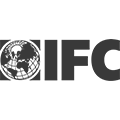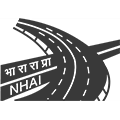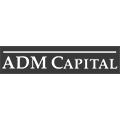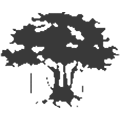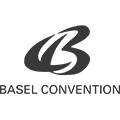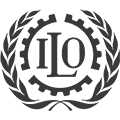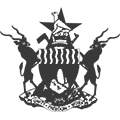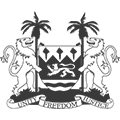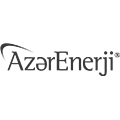ISO 9001:2015 & ISO 27001:2022 Certified Organization
Energy Roadmap for Cox's Bazaar for Meeting Energy Needs of Refugees and Host Communities
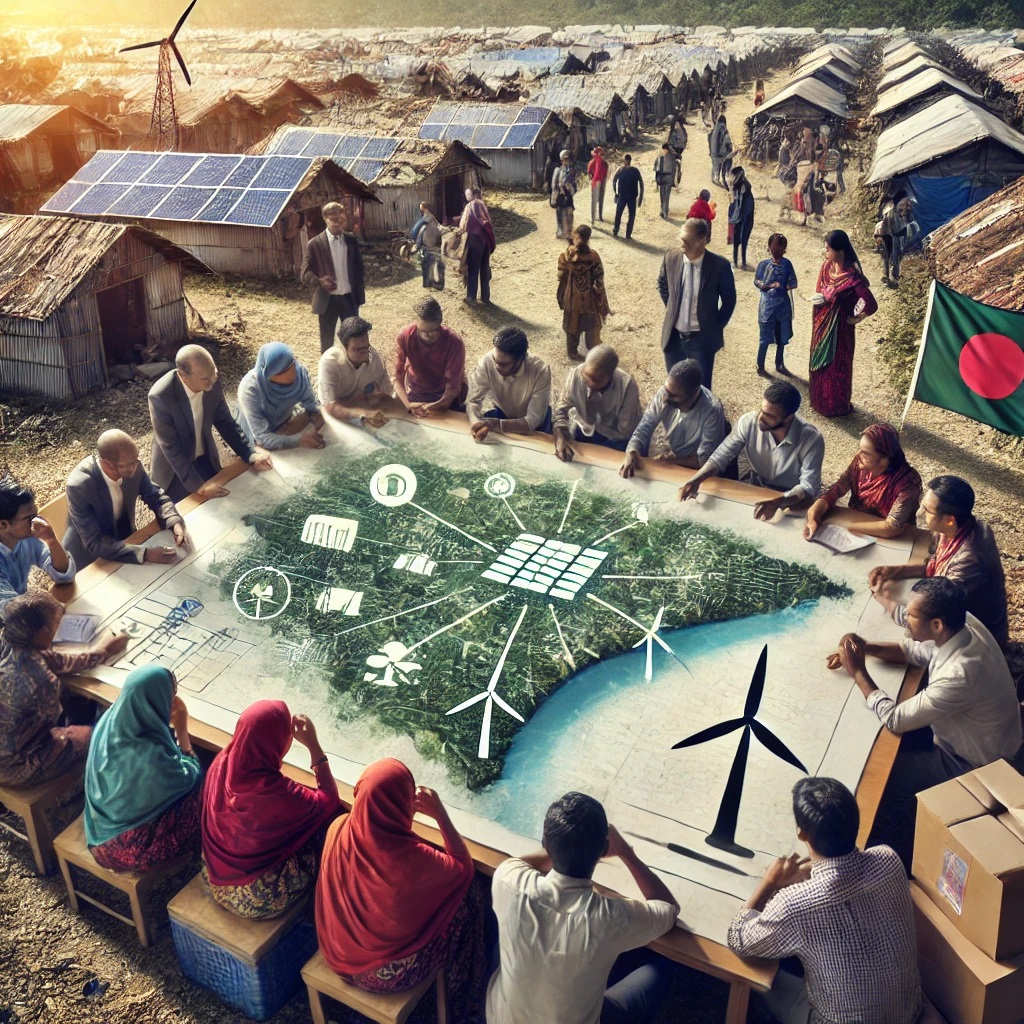
Powering Progress: Cox's Bazar's Energy Roadmap Paves the Way for Sustainable Development and Refugee Support
2025
The consulting assignment titled "Energy Roadmap for Cox's Bazar for Meeting Energy Needs of Refugees and Host Communities," conducted by the World Bank, focused on evaluating and enhancing the energy infrastructure in Cox's Bazar, Bangladesh. The primary objective was to thoroughly review ongoing and planned electricity and energy developments to ensure key interventions. These included assessing the energy and electricity developments, evaluating the infrastructure’s competence in a demand and supply context, identifying opportunities aligned with development priorities, and recommending comprehensive energy and electricity planning for the region.
The project also aimed to evaluate the potential for Productive Use of Energy (PUE) to support sustainable and resilient livelihood opportunities, considering the area's unique geographical features, economic prospects, climate, refugee crisis context, and aspects of gender and diversity. It sought to determine the support needed by key players in Cox's Bazar to ensure PUE by end-users for livelihood generation, improved quality of life, and mainstreaming of gender and diversity. Additionally, the project focused on measuring clean cooking coverage, reviewing various options and initiatives, and identifying gaps and opportunities towards achieving 100% clean cooking coverage.
The scope of the project also included assessing the potential for livelihood generation in the energy sector, reviewing the energy scenario in Cox's Bazar, analyzing energy demand and supply situations in refugee camps through household and facilities surveys, qualitative data from focus group discussions and interviews, consumption data modeling and estimations, and reviewing energy projects and interventions. Furthermore, it involved reviewing the energy and electricity demand and supply situation to promote a green and resilient energy infrastructure, compiling a cold chain inventory list, exploring renewable energy potentials, creating a clean cooking roadmap, reviewing existing policies, and conducting comparative studies. The project concluded with the development and presentation of dissemination materials and synthesis reports, along with the preparation of the final submission package.




